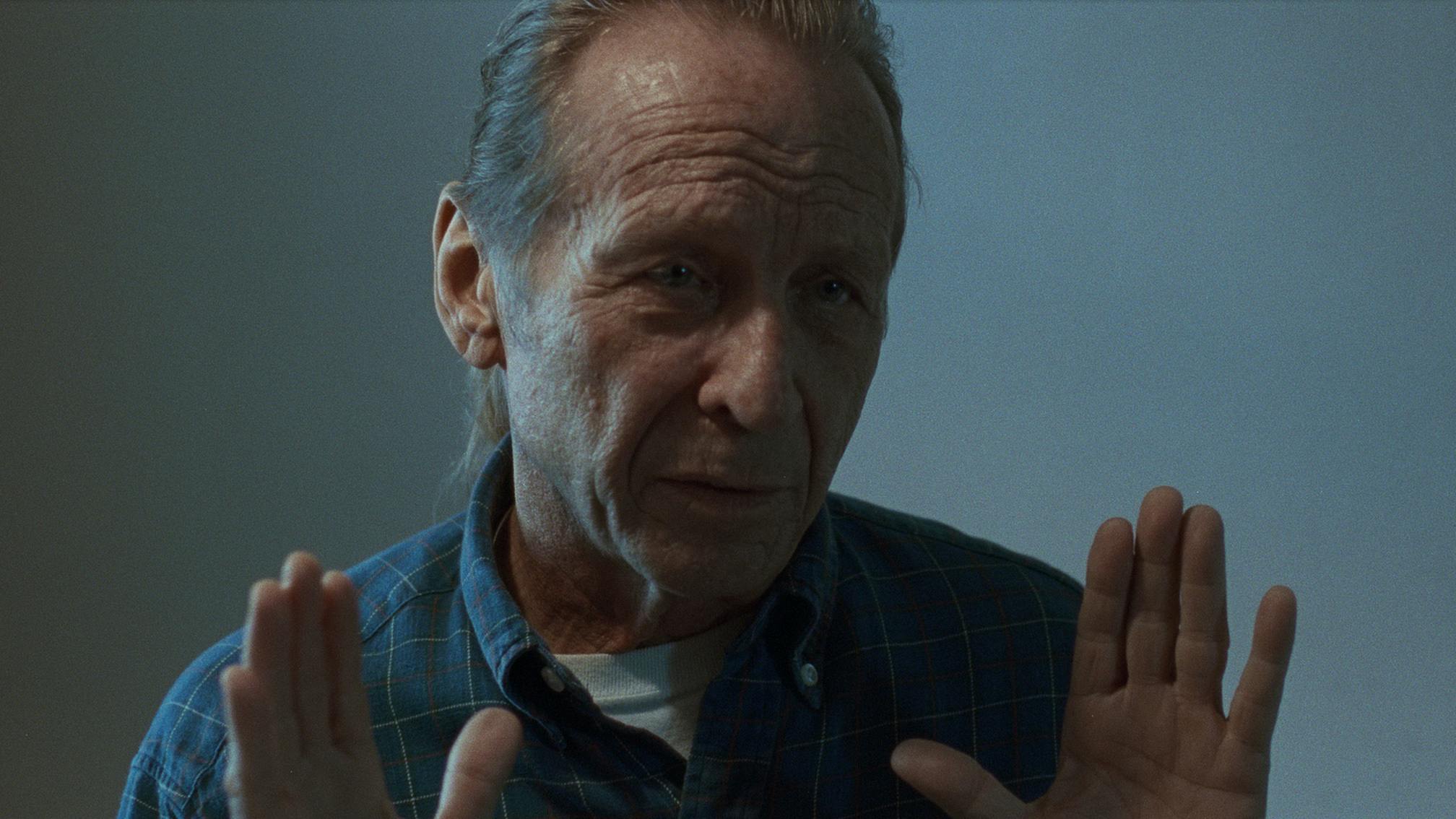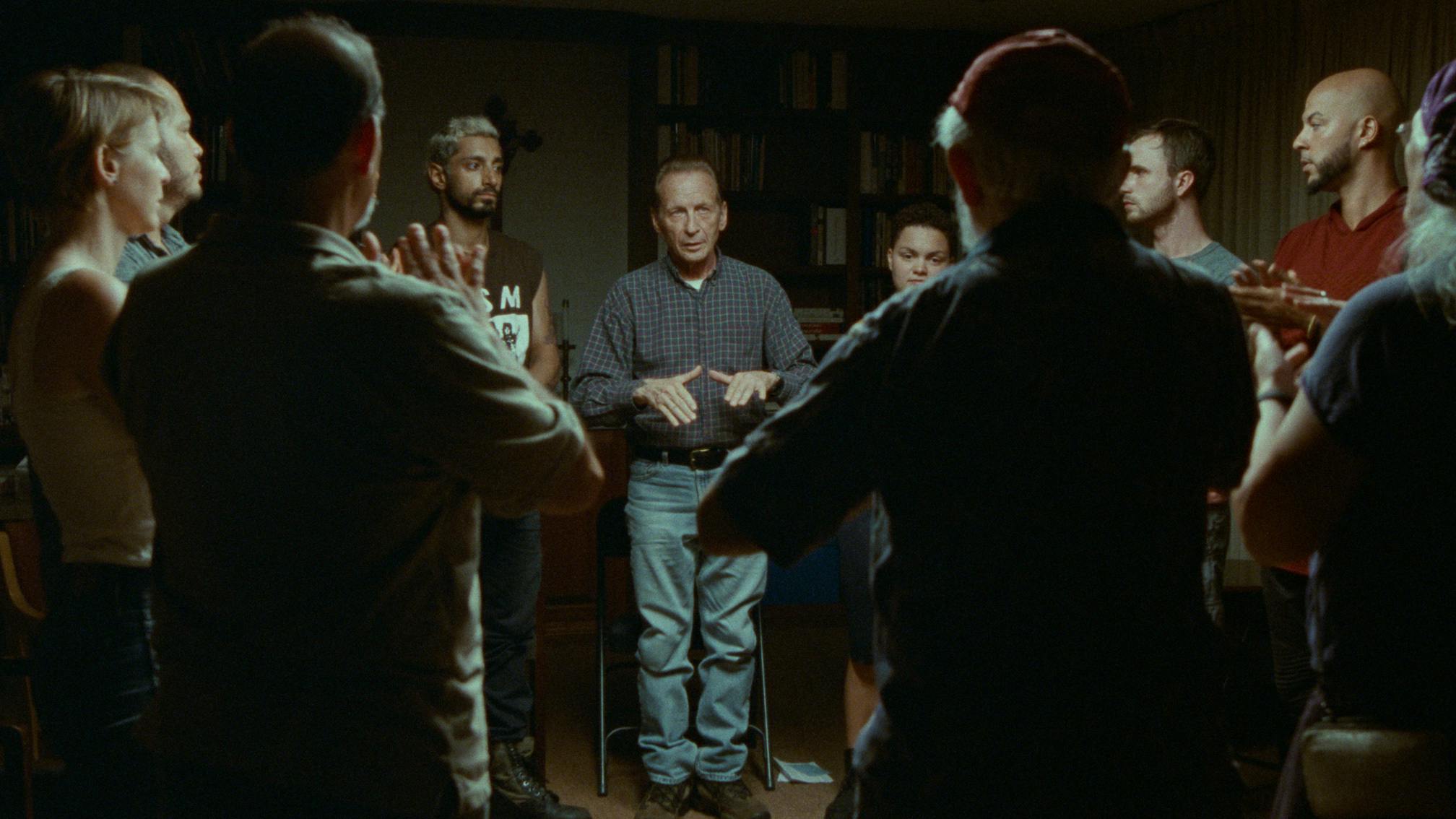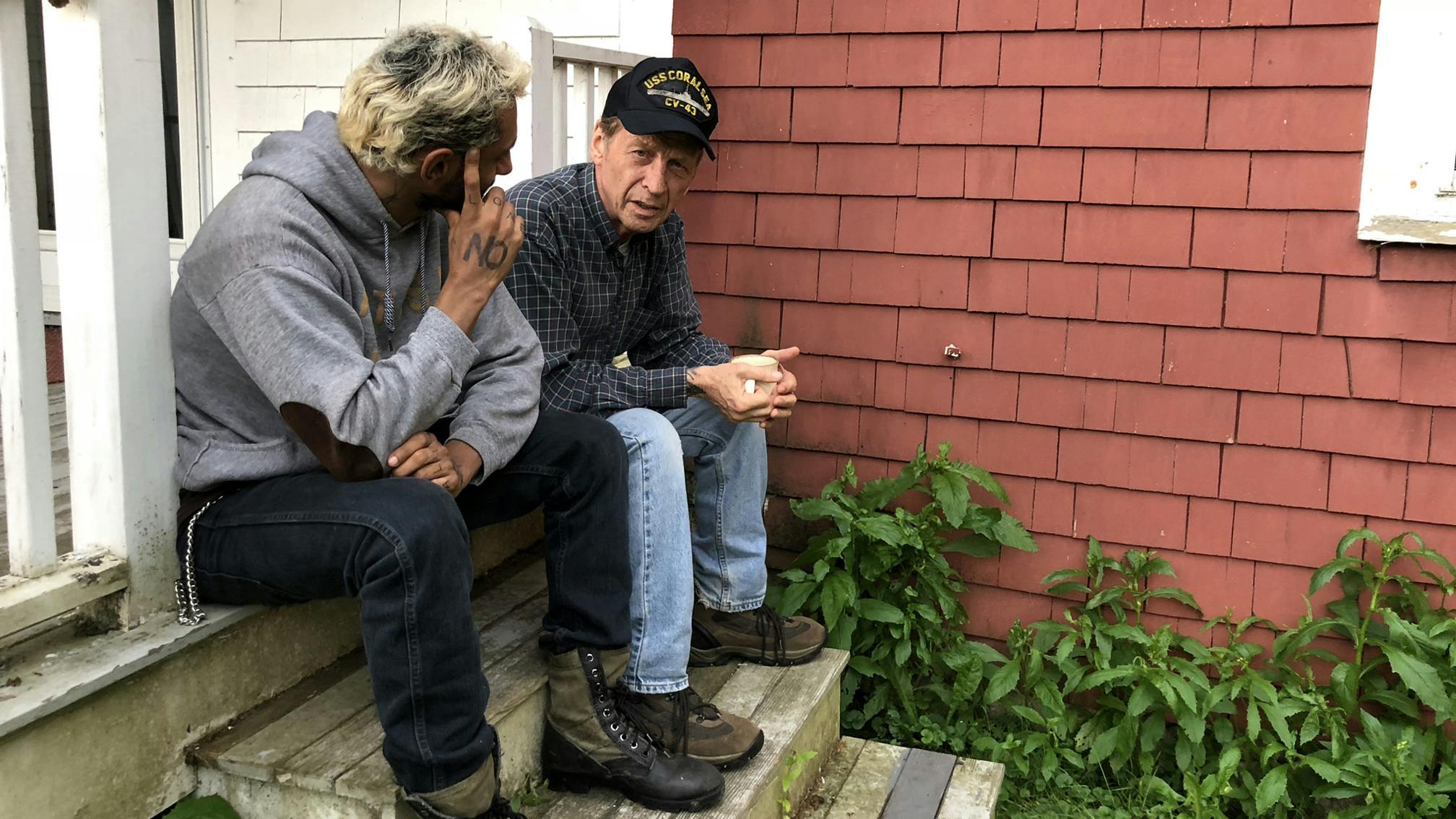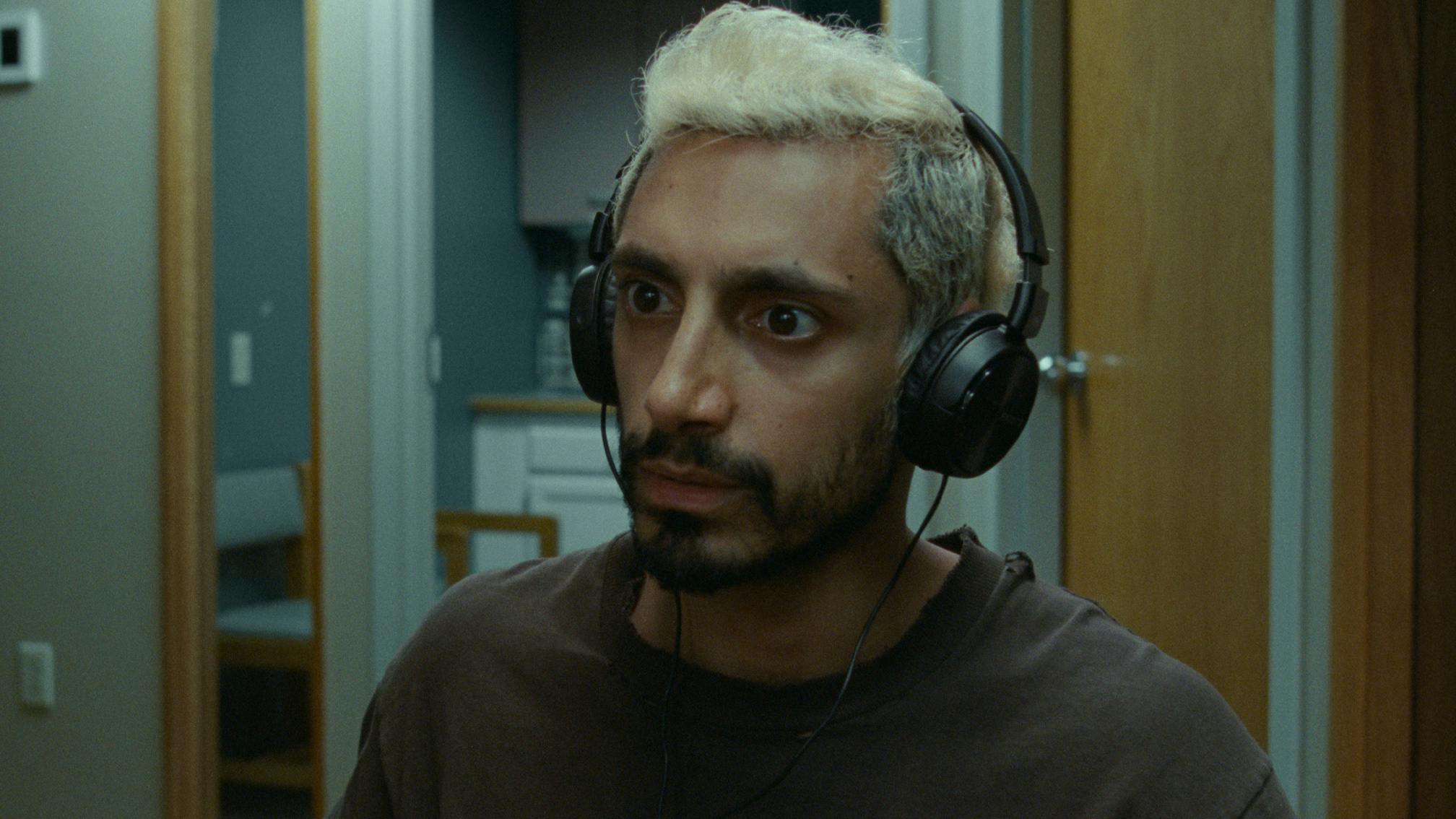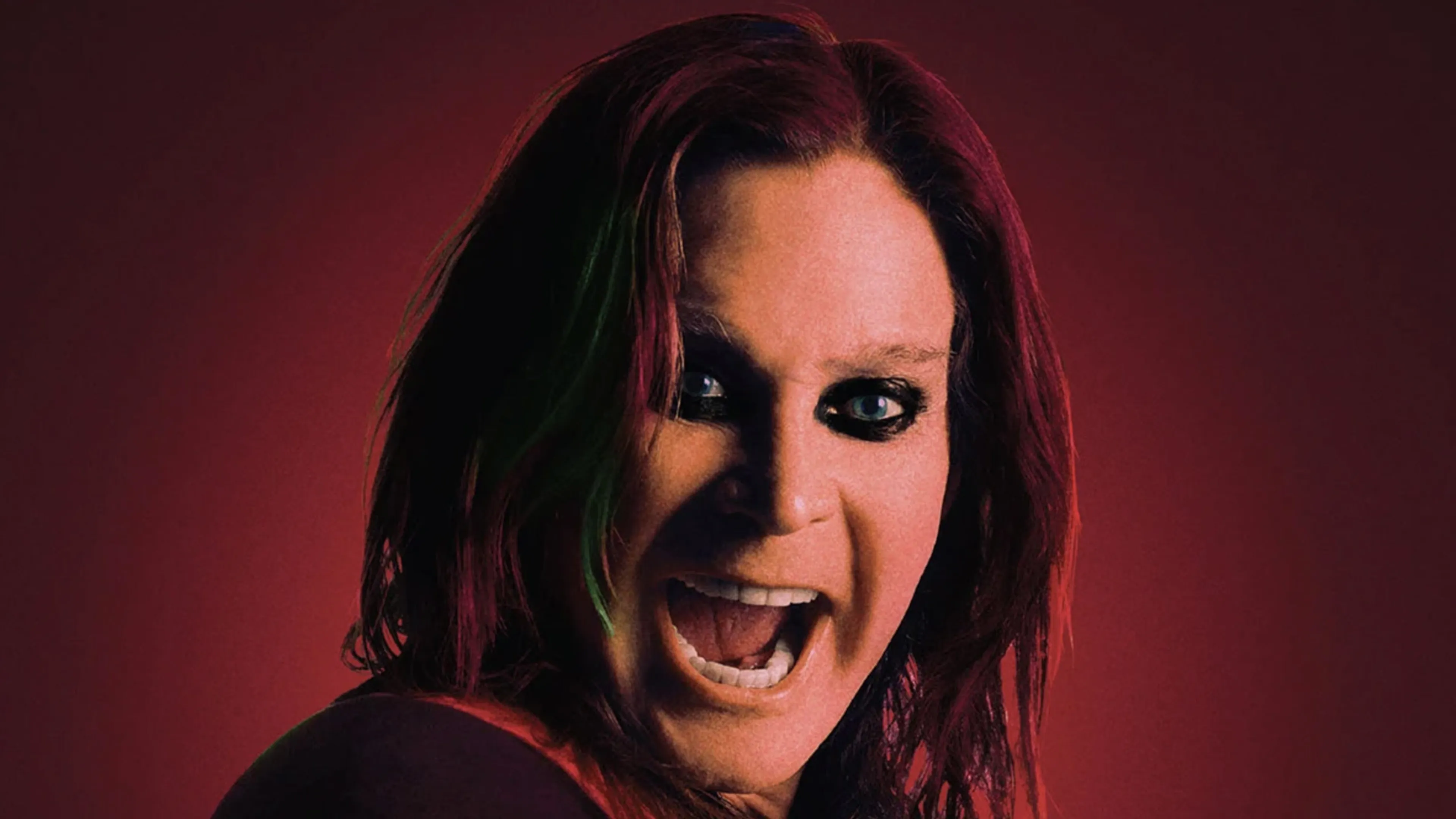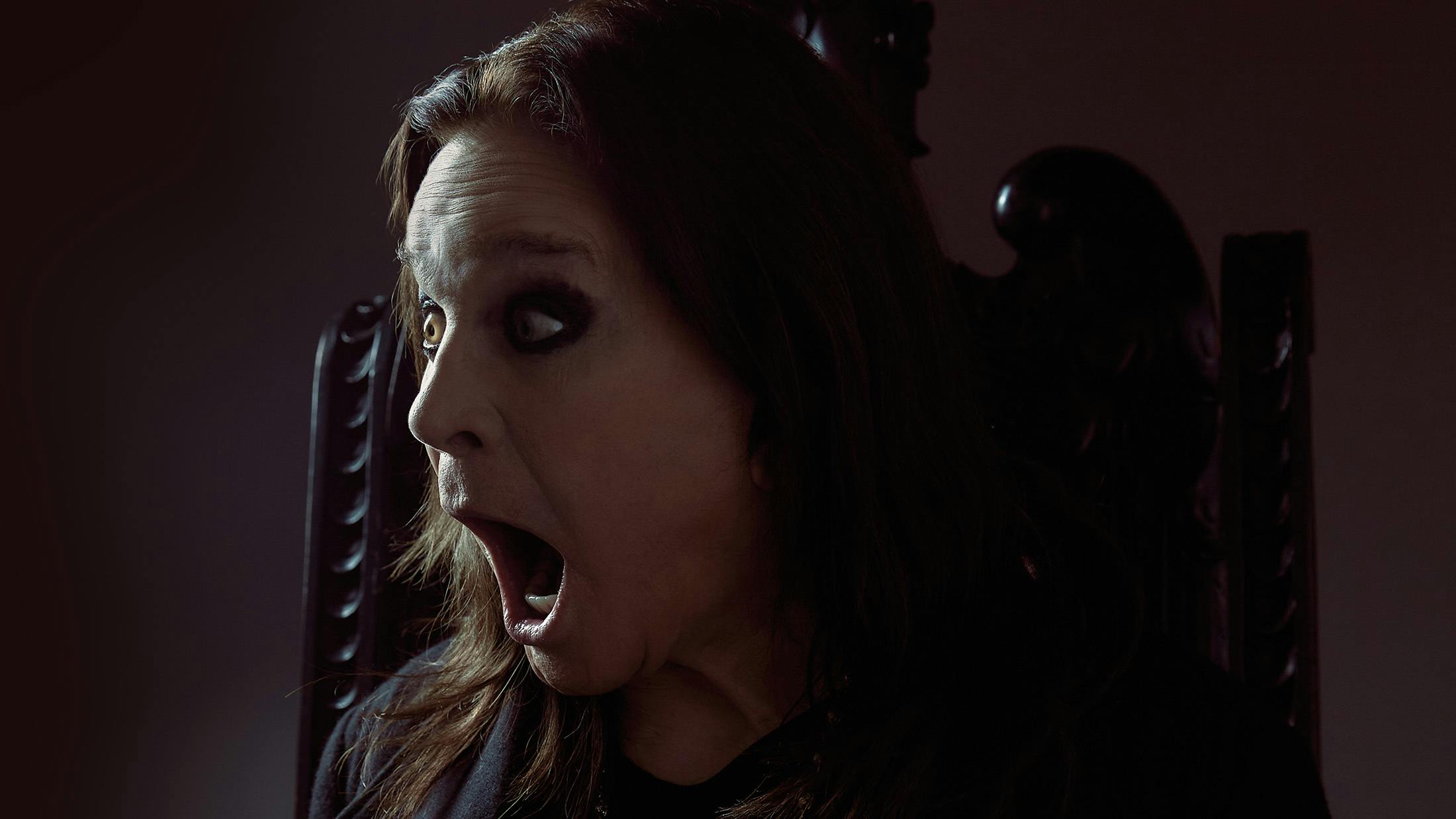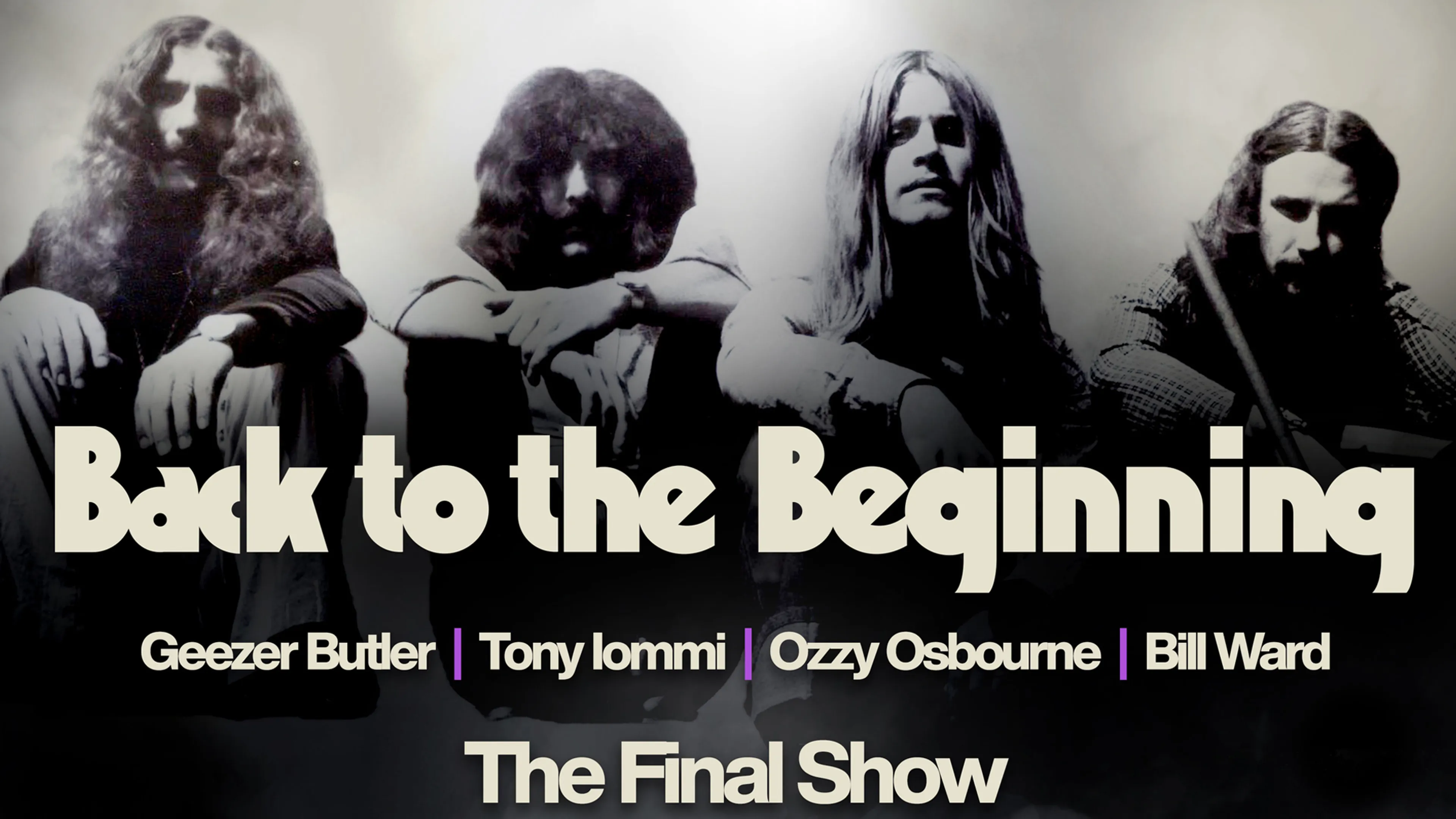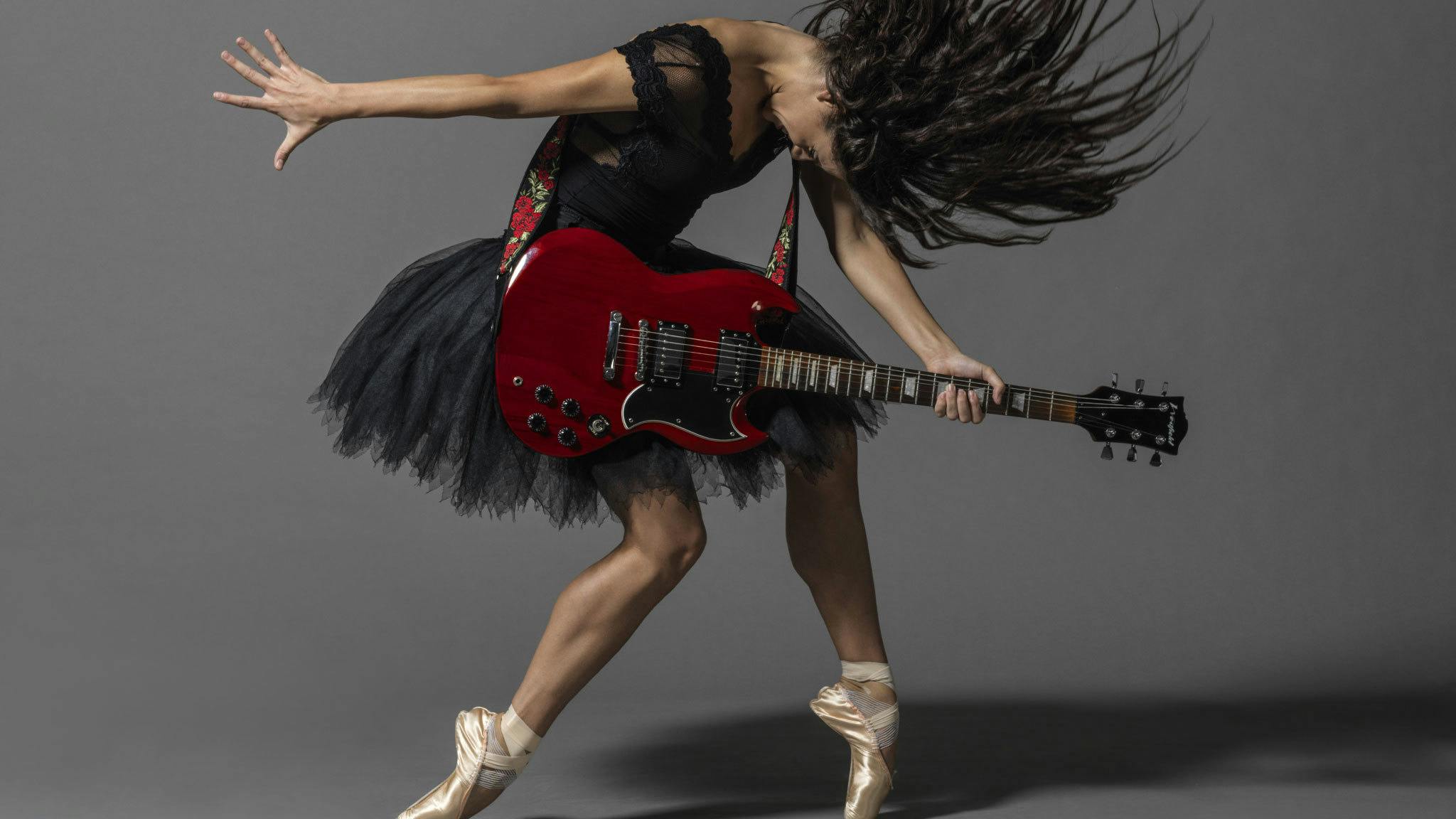There was a signer who went viral after signing Lamb Of God’s set on Slayer’s final tour. Do you think more bands should take signers out on tour and do that sort of thing?
“I do. There are deaf people who actually love and live for music, so that sort of thing should be done just to provide more access. If you want to bisect with other cultures and invite them in, that is providing some access to pop culture, which is what I was doing as a boy with my mom. She wanted to know what The Beatles were about and why I loved them so much, so I would interpret the lyrics for her, give her a little opening into what pop culture was saying at the time. When Helen Keller mentioned which was more isolating between blindness and deafness, she said the loss of hearing was. Right now if you think about it, it would be very difficult for me or you to be without music. It's just my lifeblood. So it breaks down that isolation a bit and yeah, I think it would be a good idea.”
You’ve spoken about being a conduit for your parents, was that a huge part of your life growing up?
“It was my life. There was no texting, no technology, no captioning on films… nothing. So if my father wanted to watch television, he would watch the screen and make up the story in his head, unless I was there to tell him what each character was saying. Again, I’m talking about access to pop culture, so you're not in this little isolated world.”
On the plus side, could you blast your own music out without being yelled at to turn it down?
“Amen, that’s true (laughs). But there was that bass effect that my father would go, ‘What's going on up there?’ ‘Boom, boom.’ It's so annoying to a deaf person.”
You’re a native signer, you’ve had your own substance abuse issues in the past, you love metal – was Sound Of Metal the perfect role for you?
“Nothing’s perfect, but it's the perfect storm you might say. In the original script he [Joe] was an Iraq war veteran, but when I read it they made an adjustment and made him a Vietnam veteran. And coming back from Vietnam with the addictions that I brought with me, that I learned over there because of the situation I was in, running a deaf ministry out here in Los Angeles, being part of the 12 Step Program as a sign language interpreter, all of that stuff. But mostly Joe – the character in the movie – his philosophy is what my philosophy has kind of shifted into out here. That God is here, the kingdom of God is here [taps chest], not out there. And when I read that line, I knew that was the part of me that really is Joe.”
